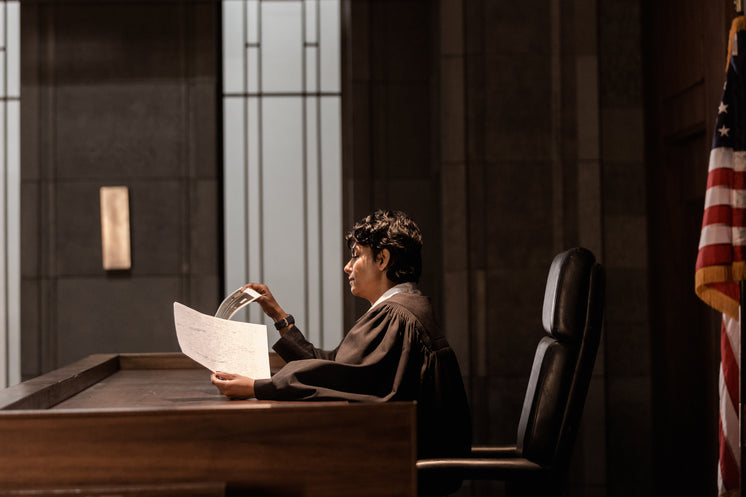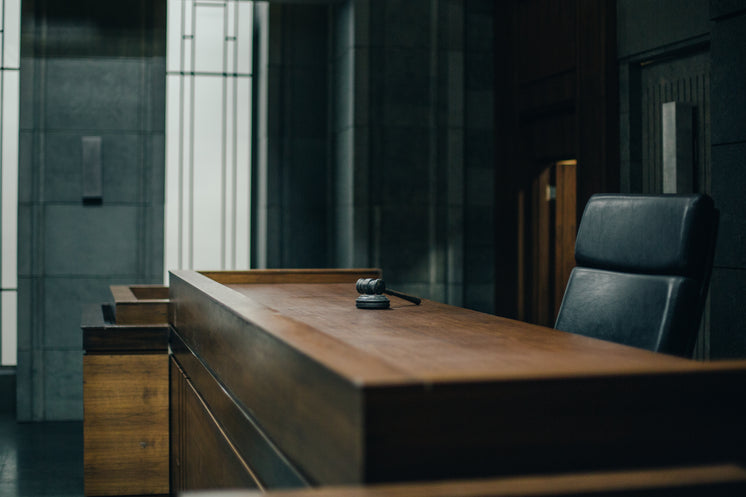Law courts in the UK relies on a wide range of staff to ensure that legal proceedings run smoothly and efficiently.
The Worst Advice We’ve Ever Heard About Rochester Concrete Products…
17 mayo, 2025Кэшбэк в казино {официальный сайт Вавада}: получи до 30% возврата средств при проигрыше
17 mayo, 2025Law courts in the UK relies on a wide range of staff to ensure that legal proceedings run smoothly and efficiently.
As a result, many people are now forced to represent themselves in court, a situation known as “litigants in person.” This has raised concerns about the fairness of the legal system, as individuals without legal expertise may struggle to navigate complex legal processes and present their case effectively. The issue is especially prevalent in family law cases, where emotional and personal stakes are high.
In conclusion, legal aid in the UK is an essential component of the justice system, providing individuals with access to legal representation and advice, regardless of their financial circumstances. Despite facing significant challenges due to funding cuts and restrictions, legal aid remains a vital service for ensuring that everyone has the opportunity to access justice. Whether in criminal, civil, or family law cases, legal aid helps to level the playing field and ensures that the legal process is fair for all. With ongoing advocacy and reforms, there is hope that legal aid can be expanded and improved to better serve those in need in the future.
 To conclude, the changes to the law courts in the UK reflect a broader shift towards modernisation and efficiency. While some of these changes have been well-received, others have sparked concerns about the accessibility of justice, particularly for vulnerable or disadvantaged individuals. As the UK court system continues to evolve, it will be important for policymakers to strike a balance between modernising the system and ensuring that justice remains accessible and fair for all citizens. Whether through digital reforms, court specialisation, or the evolving role of technology, the future of law courts in the UK will likely continue to be shaped by the need to respond to a rapidly changing society.
To conclude, the changes to the law courts in the UK reflect a broader shift towards modernisation and efficiency. While some of these changes have been well-received, others have sparked concerns about the accessibility of justice, particularly for vulnerable or disadvantaged individuals. As the UK court system continues to evolve, it will be important for policymakers to strike a balance between modernising the system and ensuring that justice remains accessible and fair for all citizens. Whether through digital reforms, court specialisation, or the evolving role of technology, the future of law courts in the UK will likely continue to be shaped by the need to respond to a rapidly changing society.
In the UK, judges do not simply interpret statutes—they also develop common law. When a court is presented with a case for which there is no clear statutory provision or prior precedent, the judge may effectively create new law by establishing a new legal principle. These decisions are then cited in future cases and become part of the legal fabric.
If you have any queries regarding in which and how to use local solicitors in the United Kingdom, you can call us at the internet site. Law courts staff play a vital role in ensuring the judicial process runs smoothly. Every individual, from judges to clerks, ushers, and security staff, has a unique responsibility that helps ensure that the legal process is fair, transparent, and efficient. These professionals work tirelessly behind the scenes to support the judiciary, maintain order, and ensure that the rights of those involved in court proceedings are upheld.
Bailiffs and other security staff are responsible for ensuring the safety and security of everyone involved in court proceedings. They may be tasked with escorting defendants, witnesses, and other parties to and from courtrooms, as well as maintaining order during proceedings. Bailiffs also oversee the enforcement of court orders, such as eviction notices or the seizure of property. Security staff in the court building help protect against potential threats and ensure that the premises remain safe for judges, lawyers, and the public.
Court closures across the UK has also been a contentious change in recent years. As part of cost-saving measures, the UK government has closed a number of local courts, arguing that the savings can be reinvested in digital systems or more essential court services. Critics, however, argue that closing courts disproportionately affects those in rural areas or disadvantaged communities, where access to alternative courts may be limited. The closures have sparked fears about the accessibility of justice, with many questioning whether individuals will be able to travel to more distant courts or whether they will face delays in their cases being heard.
Witness support officers play an important role in supporting vulnerable witnesses during court proceedings. They provide emotional support and help witnesses feel comfortable while testifying. This is particularly important in cases involving trauma or sensitive matters, such as domestic violence or child abuse. Witness support officers may also guide witnesses through the legal process, ensuring they understand what is expected of them and helping to reduce any anxiety or stress.
The Health and Safety at Work etc. Act 1974 applies to court buildings just like any other workplace. This legislation requires employers and property managers to ensure the safety of staff and visitors. This duty of care extends to risk assessments, proper maintenance of facilities, and prompt response to hazards. If the responsible party is found negligent, they may be liable for social media for legal services compensation.
 In addition to these core roles, many courts employ other support staff. These include IT professionals who manage the digital infrastructure of the court system, including electronic case files and virtual hearings. Many courts now offer online services to the public, and these IT professionals ensure that the technology is secure and functioning correctly.
In addition to these core roles, many courts employ other support staff. These include IT professionals who manage the digital infrastructure of the court system, including electronic case files and virtual hearings. Many courts now offer online services to the public, and these IT professionals ensure that the technology is secure and functioning correctly.
